
Filter News
Area of Research
- Advanced Manufacturing (2)
- Biology and Environment (52)
- Biology and Soft Matter (1)
- Building Technologies (2)
- Clean Energy (49)
- Computational Biology (1)
- Computer Science (1)
- Electricity and Smart Grid (1)
- Functional Materials for Energy (2)
- Fusion and Fission (15)
- Isotopes (3)
- Materials (43)
- Materials for Computing (6)
- National Security (25)
- Neutron Science (14)
- Renewable Energy (1)
- Supercomputing (39)
Date
News Topics
- 3-D Printing/Advanced Manufacturing (12)
- Advanced Reactors (4)
- Artificial Intelligence (14)
- Big Data (9)
- Bioenergy (19)
- Biology (28)
- Biomedical (6)
- Biotechnology (3)
- Buildings (16)
- Chemical Sciences (15)
- Clean Water (5)
- Climate Change (26)
- Composites (3)
- Computer Science (20)
- Coronavirus (9)
- Critical Materials (4)
- Cybersecurity (7)
- Decarbonization (21)
- Element Discovery (1)
- Energy Storage (25)
- Environment (36)
- Exascale Computing (8)
- Fossil Energy (1)
- Frontier (10)
- Fusion (7)
- Grid (13)
- High-Performance Computing (16)
- Hydropower (8)
- Irradiation (1)
- Isotopes (4)
- ITER (2)
- Machine Learning (10)
- Materials (37)
- Materials Science (16)
- Mercury (1)
- Microscopy (13)
- Nanotechnology (9)
- National Security (17)
- Net Zero (2)
- Neutron Science (12)
- Nuclear Energy (10)
- Partnerships (8)
- Physics (10)
- Polymers (5)
- Quantum Computing (7)
- Quantum Science (9)
- Security (4)
- Simulation (6)
- Space Exploration (4)
- Summit (7)
- Sustainable Energy (25)
- Transformational Challenge Reactor (2)
- Transportation (10)
Media Contacts

A new Department of Energy report produced by Oak Ridge National Laboratory identifies several supply chain must-haves in maintaining the pivotal role hydropower will play in decarbonizing the nation’s grid.
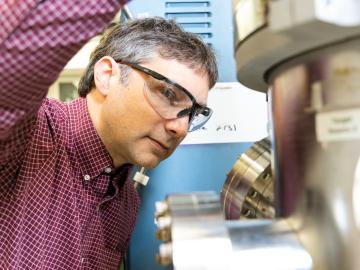
Several electrolyte and thin-film coating technologies, developed at Oak Ridge National Laboratory, have been licensed by BTRY, a battery technology company based in Virginia, to make batteries with increased energy density, at lower cost, and with an improved safety profile in crashes.
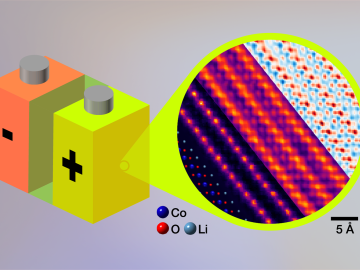
Oak Ridge National Laboratory researchers demonstrated an electron microscopy technique for imaging lithium in energy storage materials, such as lithium ion batteries, at the atomic scale.

Tackling the climate crisis and achieving an equitable clean energy future are among the biggest challenges of our time.
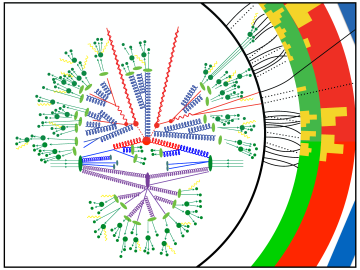
Lawrence Berkeley National Laboratory physicists Christian Bauer, Marat Freytsis and Benjamin Nachman have leveraged an IBM Q quantum computer through the Oak Ridge Leadership Computing Facility’s Quantum Computing User Program to capture part of a
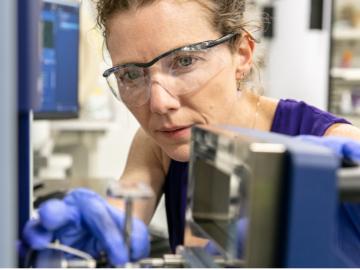
ORNL biogeochemist Elizabeth Herndon is working with colleagues to investigate a piece of the puzzle that has received little attention thus far: the role of manganese in the carbon cycle.
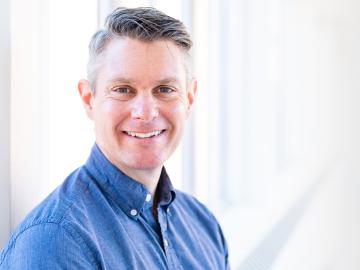
When Andrew Sutton arrived at ORNL in late 2020, he knew the move would be significant in more ways than just a change in location.
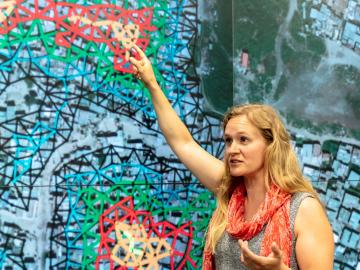
Unequal access to modern infrastructure is a feature of growing cities, according to a study published this week in the Proceedings of the National Academy of Sciences
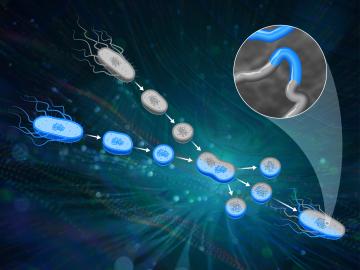
ORNL scientists had a problem mapping the genomes of bacteria to better understand the origins of their physical traits and improve their function for bioenergy production.
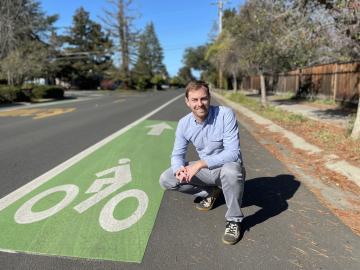
David McCollum is using his interdisciplinary expertise, international networks and boundless enthusiasm to lead Oak Ridge National Laboratory’s contributions to the Net Zero World initiative.


